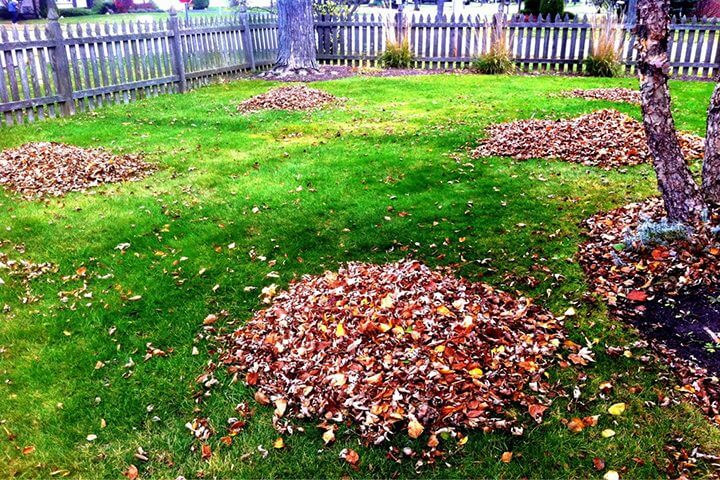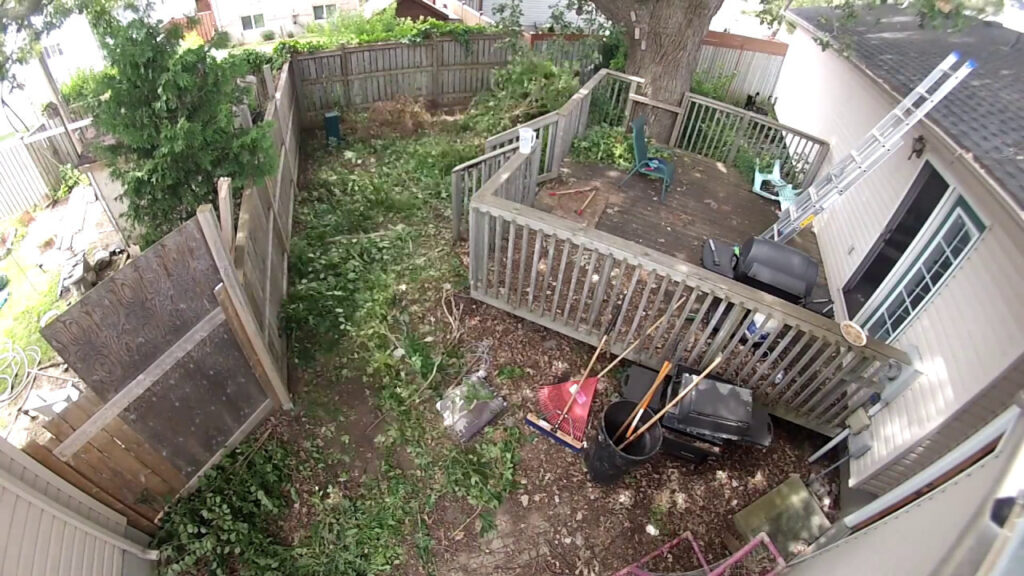
In this first category of spring yard cleanup tasks, you will be picking up after Old Man Winter and any messy neighbors you may have to put up with. Roll up your sleeves and start removing:
- Dead grass, leaves, pinecones, etc. on lawns
- Dead leaves and stalks on perennials
- Trimming and pruning
- Weeding
For more information contact us at [email protected] and let us know what you need. We will be happy to hear your needs. We serve in Orinda CA, Walnut Creek CA, Pleasant Hill CA, Moraga CA, Blackhawk CA, Danville CA, Alamo CA,
Unfortunately, many neighborhoods contain at least a few thoughtless individuals who insist on being litterbugs. One of the first spring cleanup tasks to tackle is removing the litter they’ve deposited in the yard over the course of the winter. Don some heavy work gloves for this task, as it may involve removing broken glass.

Another unpleasant task in spring yard cleanup is dog waste disposal. It’s especially unpleasant when you have to clean up after someone else’s dog. There’s not much you can do to stop litter, but there is something you can do to help keep other people’s dogs from defecating on your property: Begin researching dog repellents.
How can I hire the best professional Gardner?
You can contact us at [email protected] and explain what you need. You don’t want to be out there all summer long with a pooper-scooper. And no, don’t compost dog feces, for the same reason you shouldn’t try to compost cat poop: Carnivore feces contain pathogens, the removal of which through the composting process is best left to experts.
With the less wholesome aspects of spring cleanup out of the way, let’s move on to lawn care. If you raked leaves thoroughly in the fall, you’ve aided your chances of avoiding the fungal disease known as “snow mold.” But, inevitably, there will still be some stray leaves to rake come March. That’s all right because even without leaves you would want to break out the rake as part of your spring cleaning work on the lawn because a deep raking will also help control thatch build-up.
While you’re raking the lawn, you’ll also want to remove pinecones or any other instances of “nature’s refuse.” Pinecones don’t break down particularly easy in a compost bin unless they are first shredded. Some people use pinecones in craft projects, such as making kissing balls, but, for the rest of us, they’re just a nuisance.
